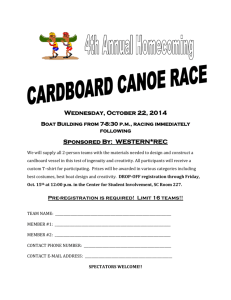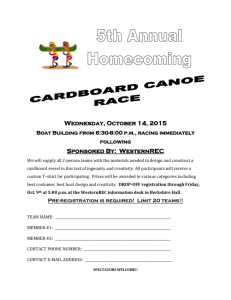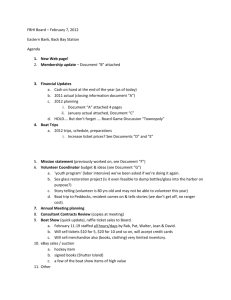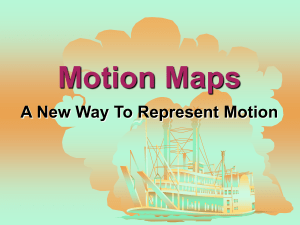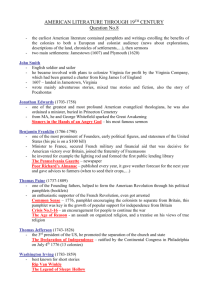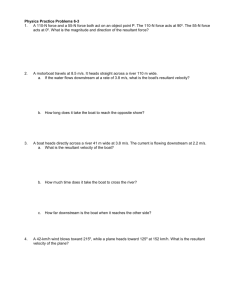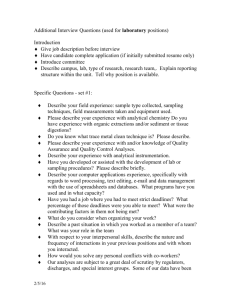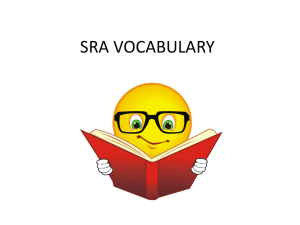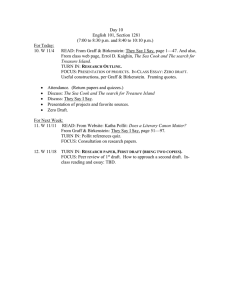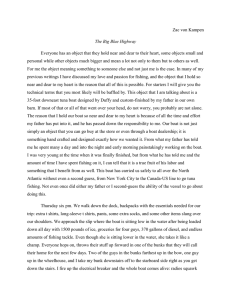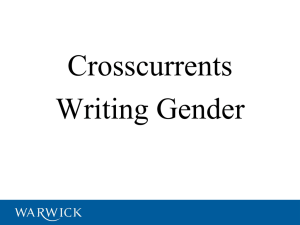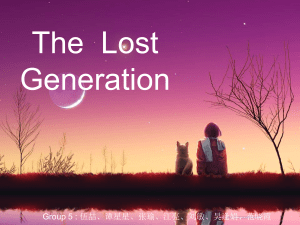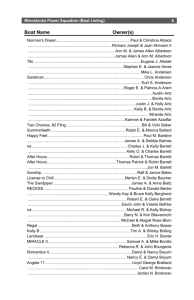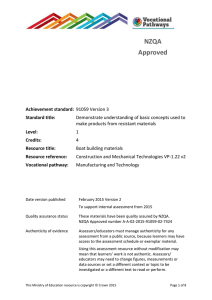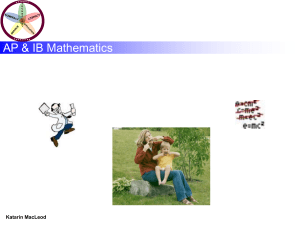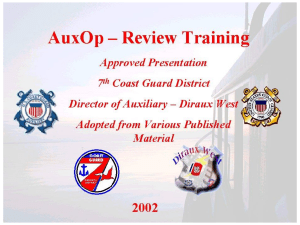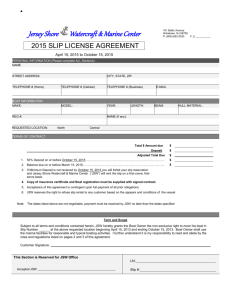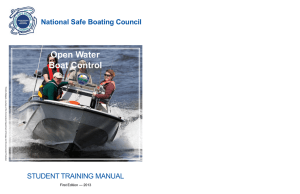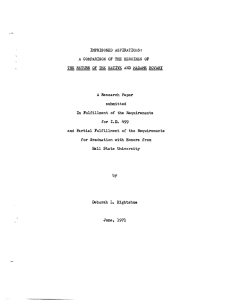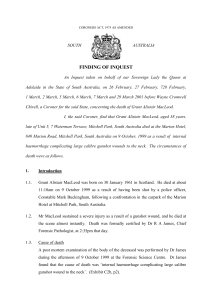File
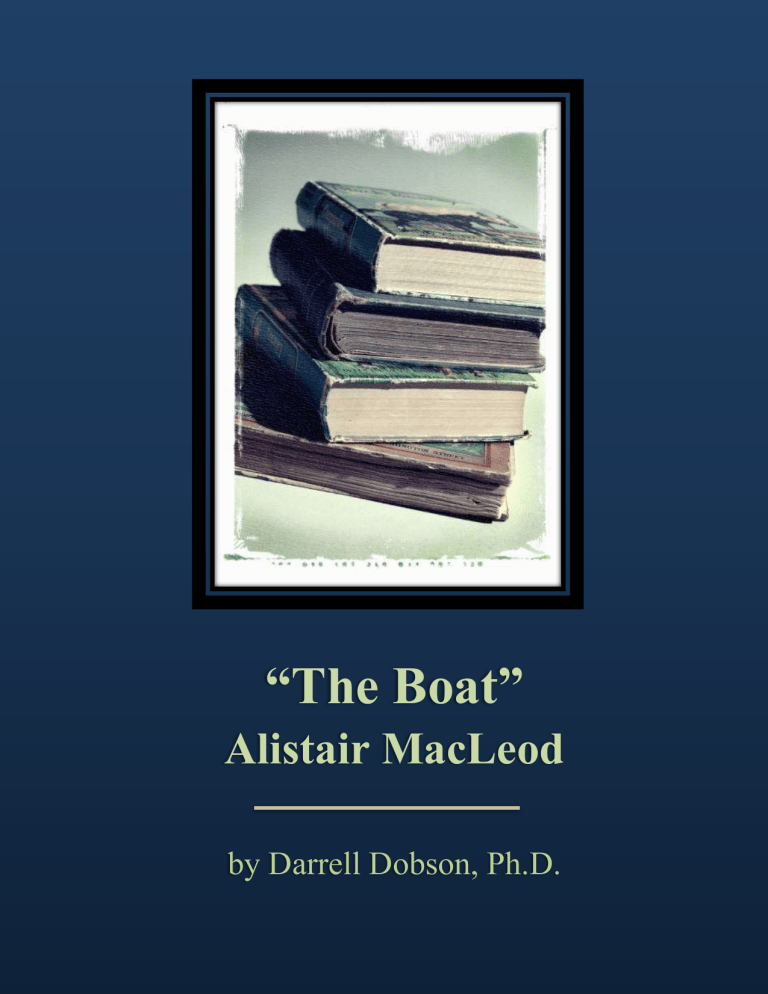
“The Boat”
Alistair MacLeod by Darrell Dobson, Ph.D.
“The Boat” by Alistair MacLeod
Pre-Reading Questions:
1.
How much pressure do you feel to pursue a career and/or life plan that meets your parents’ expectations?
2.
What kind of sacrifices do you think your parents have made for you?
3.
Define the following word: permeate.
4.
The story has numerous allusions: a.
Thomas Hardy (264) was an English novelist and poet who lived from 1840-1928.
His best known works are Tess of the d'Urbervilles and Far from the Madding Crowd.
b.
Eustacia Vye (264) is a character in The Return of the Native by Thomas Hardy with a somewhat exotic physical appearance. c.
Mickey Spillane (265) (1918-2006) was an American author of crime novels, many featuring his signature detective character, Mike Hammer. More than 225 million copies of his books have sold internationally. d.
Ernest Haycox (265) (1899-1950)was a popular writer of Western novels. e.
Dostoyevsky (265) (1821-1881) Russian literary novelist. He is often acknowledged by critics as one of the greatest and most prominent psychologists in world literature. f.
Faulkner (265) (1897-1962) American author awarded the Nobel Prize for Literature. g.
Gerard Manley Hopkins, (265) (1844-1889) was an English poet. h.
Ivanhoe (267) is a historical fiction novel by Sir Walter Scott published in 1820 and set in 12th-century England. i.
Hemingway (270) (1899-1961) is an American author who won the Nobel prize for
Literature. He is famous for being an adventurous and rugged man. j.
David Copperfield (272) is a novel by Charles Dickens publish in 1850. k.
The Tempest (272) is a play written by William Shakespeare in 1610. l.
Tennyson(273) (1809-1892) was Poet Laureate of the United Kingdom during much of Queen Victoria's reign and remains one of the most popular poets in the English language.
“The Boat” Page 1
Post-Reading Questions
1.
What happens to the father? Is it an accident or suicide? Write a paragraph that provides three specific details from the story as support for your position.
2.
Did the son do the right thing with his life? Why?
3.
Often the ending of literary stories is bittersweet. In what ways is that true of this story?
4.
Which part (or parts) of the story evoked the strongest reaction (positive or negative)? Why?
5.
Describe the physical and social setting of the story.
6.
Point of view. What is the point of view of the story? How do you know?
7.
Who is the protagonist? Is there an antagonist? If so, who?
8.
For the narrator… a.
What does the character want? b.
List three qualities of the character’s personality (i.e. brave, silly) and for each give an example from the story as evidence. c.
How does the character change?
9.
For the father… d.
What does the character want? e.
List three qualities of the character’s personality (i.e. brave, silly) and for each give an example from the story as evidence. f.
How does the character change?
10.
Plot. a.
Introduction. Besides the setting what does the reader learn during the introduction? b.
What is the problem of the story? c.
What is the initiating incident? d.
List three major events of the rising action. e.
What is the climax? Explain why it is the climax. f.
List two events of the falling action. g.
Describe the resolution. How is the problem that started the story addressed?
11.
Theme. What is the theme (or main idea) of the story? You can create a main idea statement by asking yourself what does the author want you to believe? Refer to three specific details from the text to support your answer.
“The Boat” Page 2
